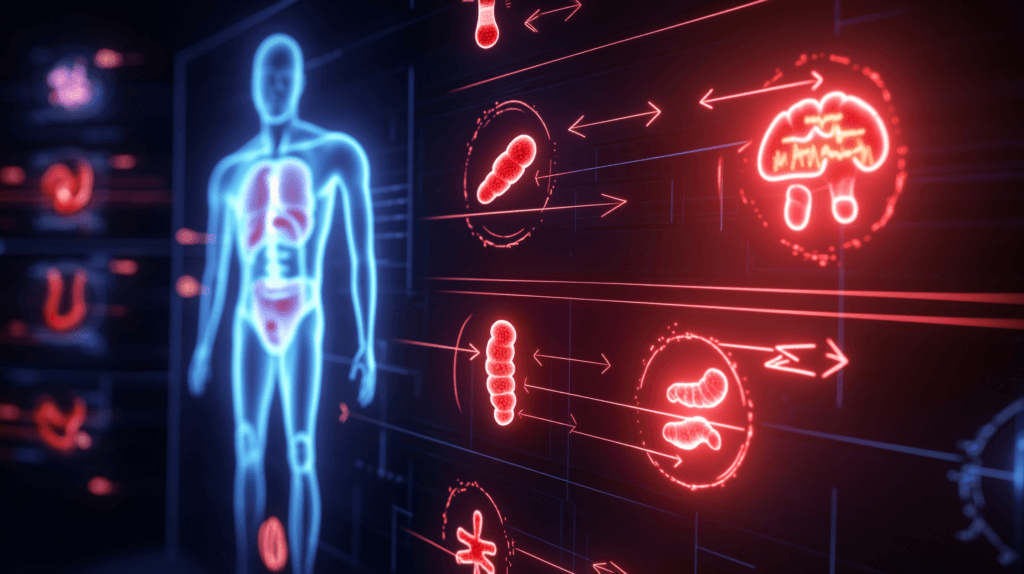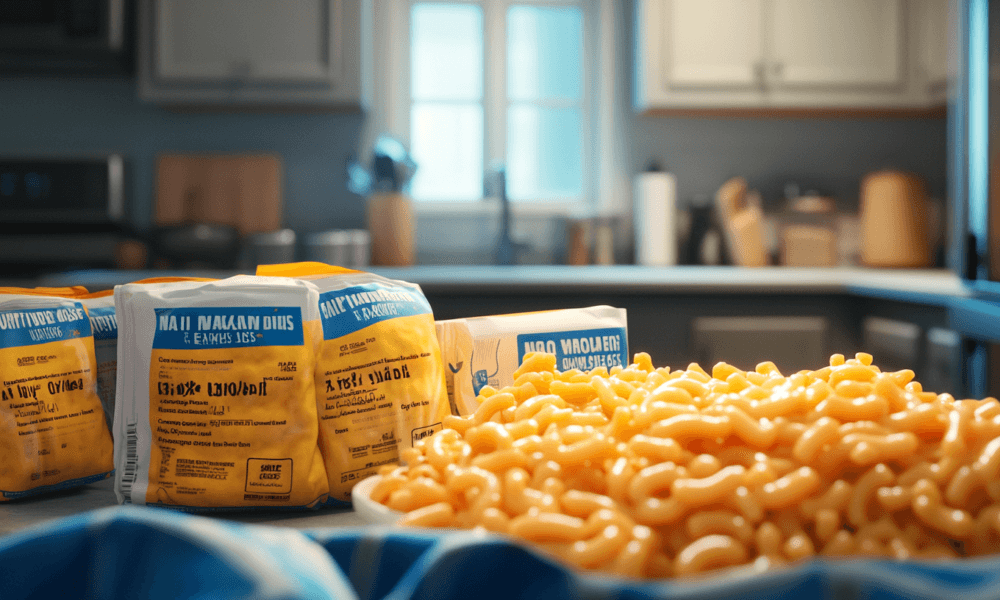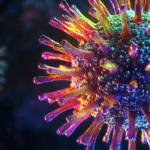Mac and Cheese Recall: What You Need to Know About the Latest Salmonella Scare
In a recent alarming development, a popular brand of mac and cheese has been recalled due to potential contamination with Salmonella, a harmful bacteria that can cause serious illness. This news has shaken consumers and prompted widespread concerns about food safety. In this comprehensive guide, we’ll explore everything you need to know about this recall, what Salmonella is, the risks it poses, how to protect yourself, and what steps the manufacturers are taking to ensure public safety.
What Led to the Mac and Cheese Recall?
The recall was initiated after routine testing revealed potential Salmonella contamination in batches of mac and cheese products distributed nationwide. The contamination was traced back to a supplier of one of the product’s ingredients, typically dairy or powdered cheese. This incident has resulted in a recall of thousands of units, affecting consumers across multiple states.
Affected Products
The recall involves specific lots of the mac and cheese product, often identified by their batch numbers, expiration dates, and packaging details. It’s essential to check whether any products you’ve purchased match the affected batches. Consumers are advised to immediately stop using any potentially contaminated product and follow instructions for disposal or return.
What You Should Do:
- Check packaging labels: Look for the lot numbers and expiration dates provided by the company.
- Stop using the product: If your mac and cheese is part of the recall, do not consume it.
- Contact the retailer or manufacturer: Follow their instructions for refunds or returns.
What Is Salmonella?
Salmonella is a type of bacteria that can cause foodborne illness. It is one of the most common causes of gastrointestinal infections worldwide, and its symptoms can range from mild to severe.
Symptoms of Salmonella Infection:
- Nausea and vomiting
- Diarrhea (often bloody)
- Stomach cramps and abdominal pain
- Fever and chills
- Headache
- Muscle pain
These symptoms typically develop 6 to 72 hours after consuming contaminated food and can last anywhere from four to seven days. While most people recover without treatment, severe cases can lead to dehydration and require hospitalization, particularly in vulnerable groups like young children, the elderly, and individuals with weakened immune systems.

Who Is Most at Risk?
Certain groups are more susceptible to Salmonella infection and may experience more severe symptoms:
- Children under 5 years old
- Adults over 65 years old
- Pregnant women
- People with weakened immune systems, such as those undergoing cancer treatment, or with chronic diseases like diabetes or HIV.
If you or a loved one falls into one of these high-risk groups and you suspect a Salmonella infection, it’s crucial to seek medical attention immediately.
How Did the Contamination Happen?
Food contamination with Salmonella can occur at various stages of the production process. In this case, it is suspected that a contaminated ingredient, such as powdered cheese or dairy products used in the mac and cheese, introduced the bacteria. Poor sanitation or improper handling during manufacturing, transportation, or storage could have allowed the bacteria to spread.
Manufacturer’s Response and Steps Taken
The mac and cheese manufacturer responded swiftly upon discovering the potential contamination, recalling the affected products and issuing a public safety alert. The company is currently working closely with health authorities, including the Food and Drug Administration (FDA), to investigate the source of contamination and ensure that all affected products are removed from store shelves.
What the Manufacturer Is Doing:
- Investigating the contamination source: Tracing it back to specific suppliers or ingredients.
- Testing and quality control: Implementing stricter safety protocols and testing measures to prevent future contamination.
- Public communication: Issuing warnings, recalls, and providing consumer support for those affected.
How to Protect Yourself from Salmonella
It’s important to take proactive steps to avoid Salmonella exposure, particularly in light of food recalls. Here are some general tips for food safety:
- Practice proper food handling: Always wash your hands, utensils, and surfaces with soap and water before and after preparing food.
- Cook thoroughly: Make sure to cook food, especially eggs, meat, and dairy products, to safe internal temperatures to kill any potential bacteria.
- Avoid cross-contamination: Use separate cutting boards for raw meat and vegetables, and don’t reuse utensils without washing them.
- Stay informed about recalls: Keep up-to-date on food recalls by regularly checking FDA announcements and food safety news.

Symptoms to Watch For
If you have consumed the recalled mac and cheese or any other product that may have been contaminated, monitor yourself for symptoms of Salmonella infection. If you experience any of the following symptoms, contact your healthcare provider:
- Severe diarrhea lasting more than three days
- High fever (over 102°F)
- Signs of dehydration (dry mouth, dizziness, reduced urine output)
- Blood in stool
Future Preventive Measures in the Food Industry
The mac and cheese recall underscores the need for stronger preventive measures in the food industry. Food manufacturers are continuously evolving their quality control processes to better detect and prevent contamination. Key areas of focus include:
- Enhanced supplier vetting: Ensuring that ingredient suppliers maintain high safety standards.
- More frequent testing: Increasing the frequency of microbiological testing in production environments.
- Improved sanitation protocols: Maintaining cleanliness and minimizing contamination risks throughout the supply chain.
Conclusion: Stay Informed and Stay Safe
The recent mac and cheese recall highlights the importance of food safety and vigilance for consumers. By understanding the risks associated with Salmonella contamination and following guidelines on food safety, you can protect yourself and your family from serious illness. Always stay informed about product recalls, follow best practices in food handling, and consult a healthcare professional if you suspect you’ve been exposed to contaminated food.




No Comment! Be the first one.